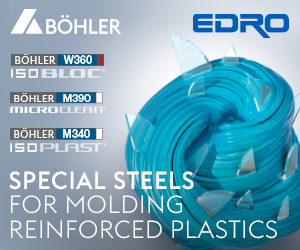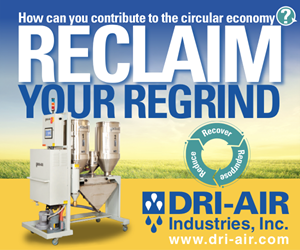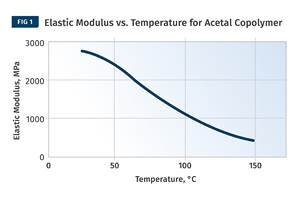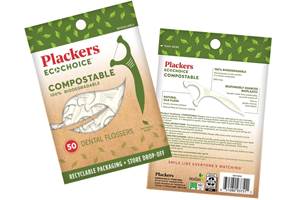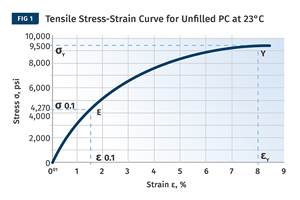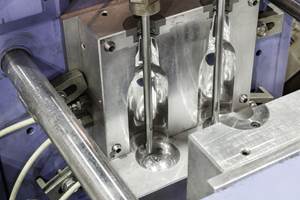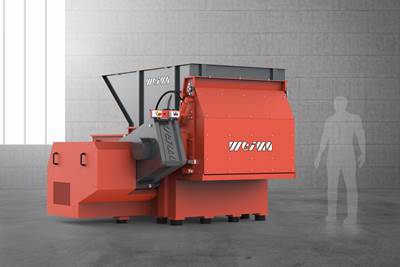Gerdau Graphene Launches “First” Graphene-Enhanced PE Additive Masterbatch for Extruded Packaging and More
The company has also partnered with conglomerate Sumitomo Corp. for distribution of its graphene-enhanced masterbatches in Japan.
In July of 2022, I reported on how within a year’s time, we had reported on new entrants in the arena of graphene additives for thermoplastics and their benefits derived from graphene’s mechanical properties: reduced weight and friction, more efficient lubrication, and higher thermal and electrical conductivity, as well as increased barrier properties against liquids and gases, and protection from weathering oxidation and UV light. They included NeoGraf Solutions and MITO Materials Solutions, as well as ongoing developments from OCSiAL, the largest global manufacturer of single-wall carbon/graphene nanotubes and masterbatches for automotive, electronics, and other industries.

However, the newest entrant that came to our attention then was Gerdau Graphene, a company that was inaugurated the previous year by its 120-yr-old parent company Gerdau--Brazil's largest steel producer, and one of the leading producers of long steel in the Americas and of special steel in the world. Operating independently, new startup nanotechnology company Gerdau Graphene has been positioning itself as a major producer of graphene materials for industrial applications in the Americas. The company confirmed that it had developed what it called next-generation graphene-enhanced plastics at a Brazilian government-funded advanced materials center in São Paulo. These graphene-enhanced polymeric resin masterbatch formulas for PE and PP were created in partnership with Brazil’s Instituto SENAI Innovation in Advanced Materials and Nanocomposites, and were being piloted in a series of industrial applications within Gerdau’s factories.
The latest news received from Gerdau Graphene is that it reportedly has unveiled the first commercial graphene-enhanced PE masterbatch for plastic packaging and more. Poly-G PE-07GM additive masterbatch is suitable for the production of extruded films, profiles, and sheets. New thermoplastic products created using Poly-G PE-07GM reportedly have been shown to be stronger and offer greater overall performance while costing less to manufacture and producing significantly less waste across the value chain. The company also announced that Japanese conglomerate Sumitomo Corp. will distribute its graphene-enhanced masterbatches in Japan.
Here are some further details offered to us by the company on this additive masterbatch:
▪ Designated Poly-G PE-07GM masterbatch is composed of LDPE with graphene.
▪ The graphene replaces any reinforcement filler to increase some specific mechanical properties (such as tensile strength, modulus) with “enormous advantage”. Due to its unique mechanical properties and extremely high specific area, graphene is more efficient as reinforcement than talc, carbon black and other fillers, so that small amounts of graphene can substitute large amounts of conventional fillers in the composition.
▪ Using the graphene masterbatch enables a reduction of the virgin PE portion of packaging films via two processes: it is possible to reduce the thickness of films and injection molded parts, while maintaining their mechanical properties; and, when added in a composition, Poly-G PE-07GM can improve the mechanical and thermal properties of recycled PE.
▪ The graphene masterbatch can be used with mechanically or chemically recycled PE (HDPE, LLDPE, LDPE).
▪ Typical addition levels of this additive depending on the applications (films, sheet, profiles) are 1%-to-5%. In films, the company recommends 1%-to-3%.
▪ While the company confirms that its graphene-enhanced masterbatch has a higher cost compared to other additives, it notes that its much higher performance ends up bringing a better cost benefit to the application.
▪ This first commercial product using Poly-G PE-07GM was validated and it is ready to be officially released in the market. It is a multilayer PE package for construction nails. The addition of graphene allowed the thickness of the package to be reduced by 25% and still it was shown to be 40% more resistant to perforation. In addition, the adoption of the graphene-enhanced packaging promoted 7% of overall savings in costs, energy, and raw material. Applications in other fields, beyond flexible packages, are underway at partners in Brazil and in other countries.
▪ The application of Poly-G PE-07GM increases the mechanical and thermal properties of PE in addition to enhancing its processability and allowing the development of thinner final products.
Gerdau Graphene is currently developing graphene additives for virgin resins as well as post-industrial and post-consumer recycled plastics and polymers, including PP, PE, PS, PC, and PVC.
Said Gerdau Graphene’s CEO Alexandre Corrêa, “Thermoplastics such as polyethylene are critical to most commercial business operations around the world, particularly in retail, logistics, and industrial environments. Improving the material qualities of polyethylene has a meaningful impact on its sustainability in addition to cutting down on costs. By adding specialized graphene additives to thermoplastic recipes, plastic producers can create stronger, more durable plastic products at lower cost and with far less virgin resin needed. Lower consumption of virgin resin means that less plastic becomes post-consumer waste, improving the overall sustainability of the final product developed. There are also downstream effects, including reductions in manufacturing waste, energy consumption, transportation, and more. And, circularly, we believe that soon plastics may be recycled into graphene and then reused.”
Related Content
The Effects of Time on Polymers
Last month we briefly discussed the influence of temperature on the mechanical properties of polymers and reviewed some of the structural considerations that govern these effects.
Read MoreHow to Optimize Injection Molding of PHA and PHA/PLA Blends
Here are processing guidelines aimed at both getting the PHA resin into the process without degrading it, and reducing residence time at melt temperatures.
Read MoreThe Effects of Stress on Polymers
Previously we have discussed the effects of temperature and time on the long-term behavior of polymers. Now let's take a look at stress.
Read MoreThe Importance of Melt & Mold Temperature
Molders should realize how significantly process conditions can influence the final properties of the part.
Read MoreRead Next
Lead the Conversation, Change the Conversation
Coverage of single-use plastics can be both misleading and demoralizing. Here are 10 tips for changing the perception of the plastics industry at your company and in your community.
Read MoreRecycling Partners Collaborate to Eliminate Production Scrap Waste at NPE2024
A collaboration between show organizer PLASTICS, recycler CPR and size reduction experts WEIMA and Conair will seek to recover and recycle 100% of the parts produced at the show.
Read More


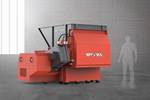








 (2).jpg;maxWidth=300;quality=90)
